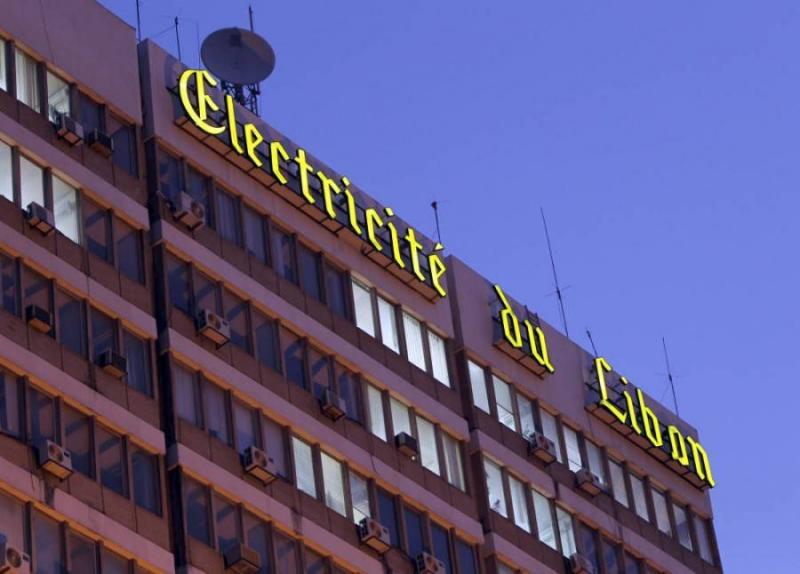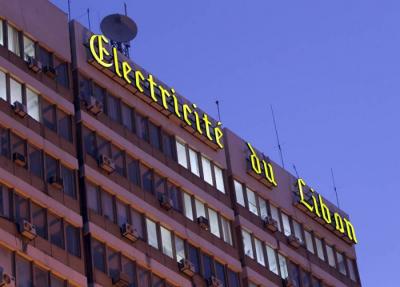The voices of those opposing generator owners, their pricing, and power outages have diminished. However, this does not mean that things are going well. The failure to comply with the ministry's tariff, set last month at 17,585 lira per kilowatt-hour in coastal cities, is common, amid an almost complete absence of "state electricity." You will have to "search with a lantern and wick," according to a municipal official in the southern suburbs, to find a subscription owner willing to accept or adhere to this price. Meanwhile, "people have gotten used to it, or managed their situation," leading to a significant reduction in complaints, to the point that they can be considered nonexistent in some areas, despite "near-total dollarization." If the bill is not paid in green currency, it is calculated based on the daily exchange rate, as one resident from the Madi Jabban neighborhood describes, "He doesn't leave his eye off the phone screen to check the exchange rate."
Everyone knows about the problem, but no one wants to talk about it, whether official or popular parties. At the Ministry of Economy, the Consumer Protection Department requires a never-ending series of permits to know "the number of complaints filed against generators and how to follow them up." In municipalities, the follow-ups vary; some see "everything is fine, and there are no problems," like George Aoun, the mayor of Hadath, while "if there are complaints, we follow them up through the Ministry of Economy." However, in the streets surrounding the municipality, which is administered by it, complaints about "dollarization and pricing" are endless, yet "there is no one to respond," as the price per kilowatt-hour there is 50 cents, with payment in dollars.
Marwan, a resident of the Lilaki area, has knocked on every door, stating, "I contacted the Ministry of Economy, the municipality, and the political party in the area two months ago to reduce the bill paid in dollars, not to convert it to lira, but no response. The Ministry of Economy records the complaint, and the municipality refers me to the ministry," putting the citizen in a vicious circle where he cannot claim his rights.
"We are trying to work around the corners; we want to eat the grapes, not kill the caretaker," says Ghassan Shaib, commissioner of police in the municipality of Mreijeh, noting that "people's problems have lessened, yes, but they remain numerous." Shaib adds, "120,000 people live in the Mreijeh municipality, creating an endless debate between people and generator owners." He points out that "people are of different types; some adjust their income and do not complain, while others are public sector employees who cannot pay a subscription fee equal to a monthly salary." Shaib affirms that they act to follow up on any violations; however, people do not submit complaints in their names, which hampers judicial follow-ups. The scarcity of complaints is attributed by Abbas Al-Ghoul, a lawyer for the Union of Municipalities of the South, to "dollarization," without denying the impact of judges' strikes on filing and following up on complaints.
In the southern suburbs, violations do not stop at "dollarization" but extend to how bills are calculated, "right before your eyes." A generator owner in the Kafa area charges 60 cents per kilowatt-hour and a fixed charge of 15 dollars for the meter, but he writes the bill based on a tariff of 50 cents for each kilowatt-hour and when asked by subscribers, he provides no answers and asks them to leave. In another area of the suburbs, a generator owner adds 5 dollars to every bill under the heading “diesel fee,” claiming “the global price of the material has risen.” Even in the Shiah area, which long resisted the official pricing, dollarization is now applied again, with power outages not exceeding three hours. Some subscription owners cleverly dodge the official pricing by offering two lines to the subscribers, one at "the official price and on the meter, but subject to strict rationing," and another "24/24, but payment will be in dollars."
A generator owner argues that “all his payments are in dollars, including oils, maintenance, and diesel,” thus the bill “must be in foreign currency; otherwise, he cannot bear the loss,” attributing his non-compliance with the official pricing to “buying diesel from the black market, as it is not available at stations.” This is completely denied by a chain of gas station owners, who state, “the importing companies urge us to stock the material, and diesel is available for everyone, and generator owners receive it at 845 dollars per ton, which is a lower price than the general selling price.”
In Beirut, once a paradise of electricity before the crisis where residents enjoyed 21 hours of supply daily, making this area "free of generators" at the time, people are experiencing a severe crisis since the supply has declined and eventually stopped altogether. Today, its sidewalks are crowded with small generators preferred by shop owners over subscriptions, as they do not benefit from electricity during the night, which plunges the streets of the capital into complete darkness. Larger generators return to occupy the narrow spaces between buildings, or occupy parking spots in the streets, re-establishing their networks to control pricing and supply hours outside any regulation, as the majority of neighborhoods in the capital have no meters and rely on a disconnected system costing up to 125 dollars for 5 amperes, with supply hours not exceeding 14 daily. A resident of the Burj Abu Haidar area, a public sector employee, does not want supply hours to increase because it will double the bill, stating, "The generator owner asked for 5 million lira last month, but he only sent me 3," accompanied by the remark, "this is my entire salary, I will not borrow on top of it, and if you want, cut off the electricity to my home," and he accepted the money without cutting off the line.




